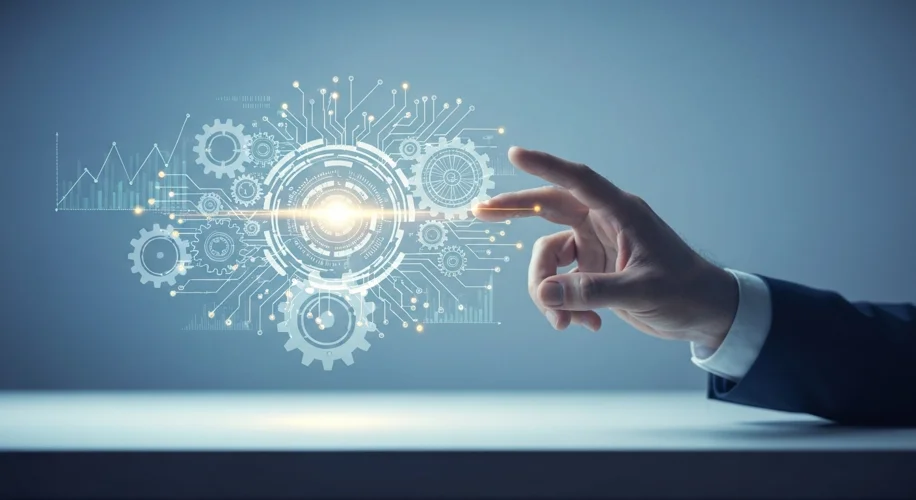It’s 2025, and the world is buzzing with new technologies and economic shifts. As someone who’s spent decades in the tech industry, I’ve seen firsthand how innovation can reshape our lives. But with great power comes great responsibility, and it’s crucial we consider the ethical side of these advancements.
Think about artificial intelligence. We’re seeing AI move from specialized tasks to more general applications, impacting everything from how we work to how we make decisions. Economic policies are also evolving to keep pace. For example, discussions around universal basic income often surface when we talk about automation potentially displacing jobs. These aren’t just abstract economic theories; they have real human consequences.
My background in tech has taught me that the best innovations are those that consider their societal impact from the ground up. It’s easy to get caught up in the excitement of what’s possible, but we must also ask ourselves, what’s right?
Consider data privacy. As more of our lives move online, the amount of data collected about us grows exponentially. Economic models are often built on this data, but how do we ensure that individuals retain control and that this data isn’t used in ways that harm them? This is where ethical considerations in economic policy and technological development become inseparable.
For instance, when governments or companies develop new technologies, they need to think about accessibility. Will a new digital service be available to everyone, or will it create a new divide? Economic policies that support digital literacy and infrastructure are vital to ensure that technological progress benefits society as a whole, not just a select few.
We’re also seeing shifts in how economies function. The rise of the gig economy and remote work, powered by technology, changes traditional employment structures. This necessitates a look at economic policies that support worker rights and fair compensation in these new arrangements. It’s a complex dance between enabling innovation and protecting people.
From my perspective, the key is thoughtful design and proactive policy. We shouldn’t wait for problems to arise. Instead, we need to build ethical considerations into the very fabric of technological development and economic planning. This means fostering transparency, ensuring fairness, and prioritizing human well-being. It’s about building a future where technology and economic progress serve humanity responsibly.

